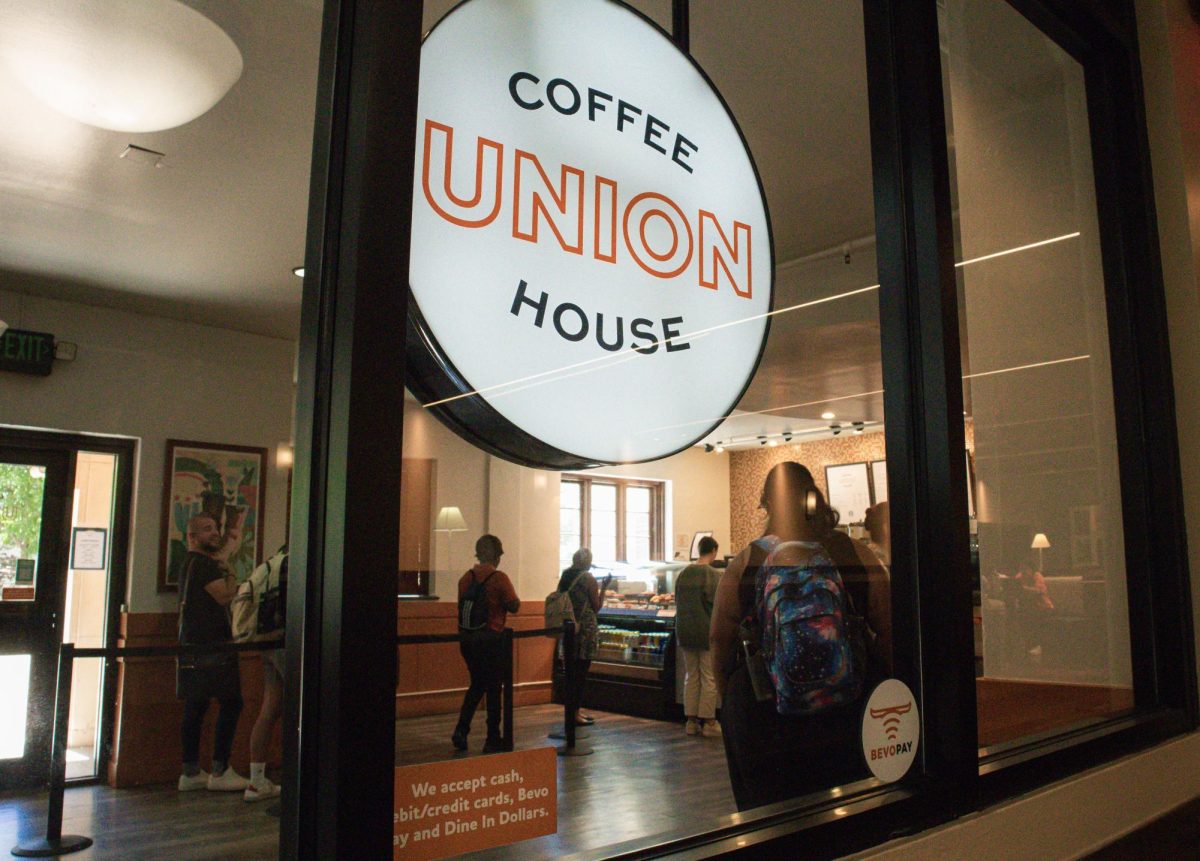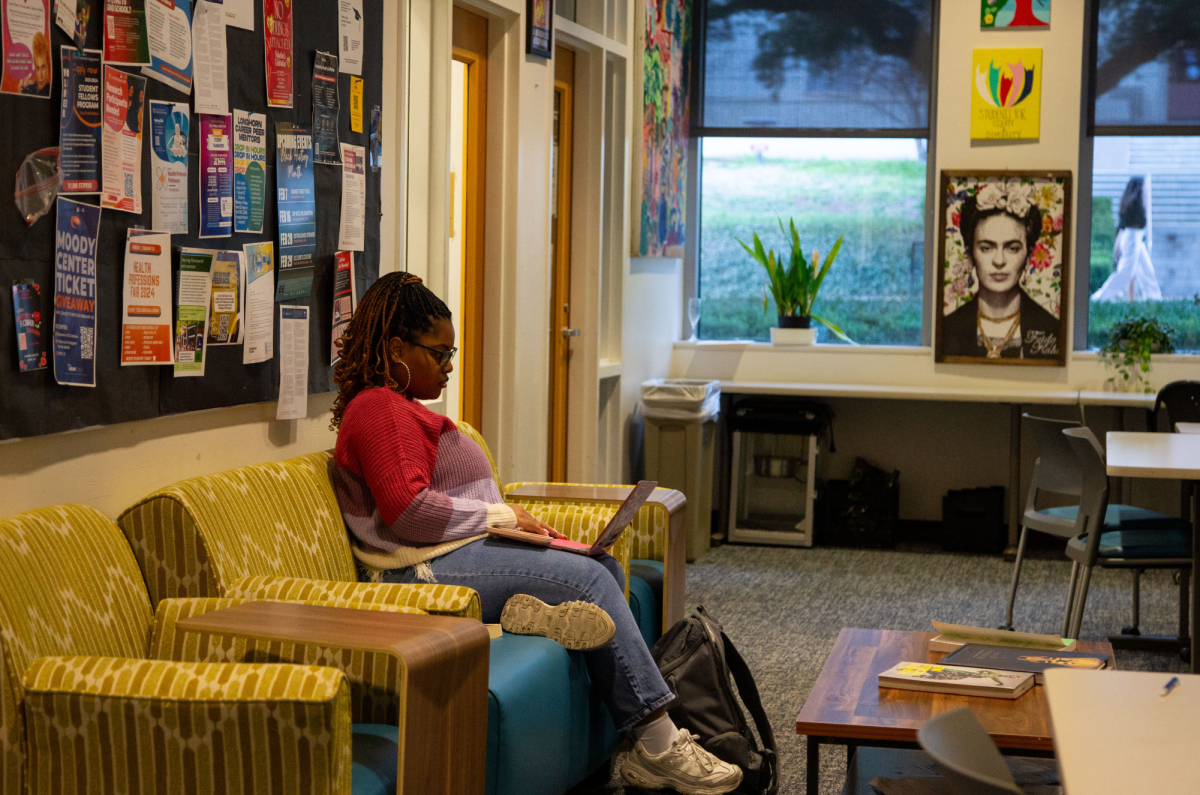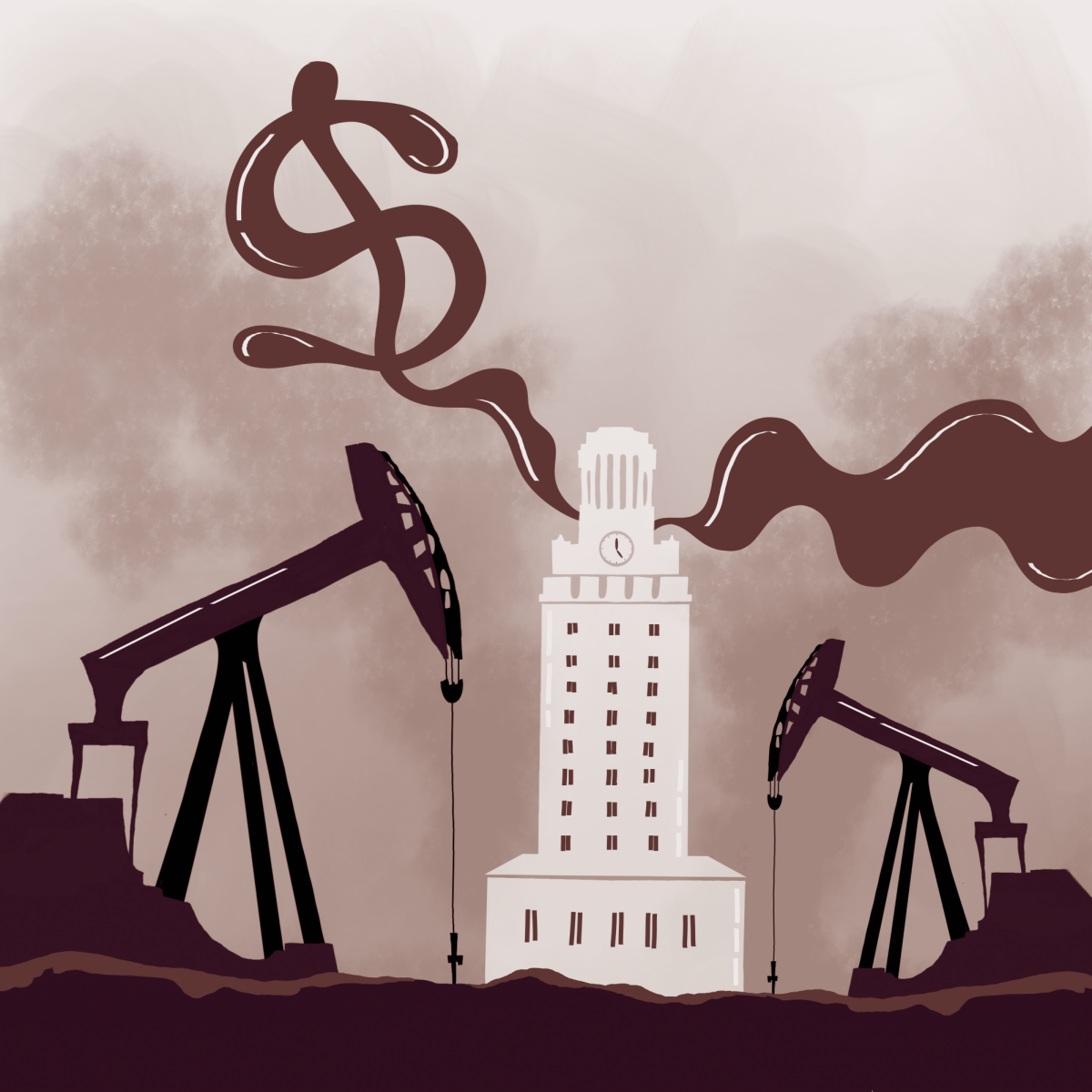If you drink one type of sustainable coffee, your next caffeine buzz may be in short supply, according to research by one UT professor.
Biology assistant professor Shalene Jha found that the proportion of land used for shade-grown coffee, or coffee grown below the canopy of a forest, has decreased worldwide by 20 percent since 1996.
“The way coffee is grown across the globe has changed a lot in the last 20 years,” Jha said. “[It’s] shifting more towards sun style, with open trees.”
According to Jha, who studies conservation biology, shade-grown coffee provides a diverse habitat and resources for native animals. Jha said the growing alternative, sun-grown coffee, involves an intensive form of farming in which forests are cleared to make room for coffee cultivation, which could have damaging environmental effects.
“Shade-grown coffee supports a lot of biodiversity — it allows the soil to replenish nutrients,” Jha said. “It provides natural pest control and a habitat for birds. The thing about [sun-grown coffee] is it’s a form of short-term production [that] doesn’t last long, and it tends to lead to deforestation.”
Jha said the shift in coffee growth is a result of large drops in the price of coffee worldwide. Since growing sun-grown coffee is less expensive and does not require certification, many growers have shifted to the more intensive style of farming to keep costs down.
Beth Beall, president of Texas Coffee Traders, an Austin roasting company that has several coffee shops on campus, said, despite the decrease in shade-grown farming, sales of the coffee in the U.S. and locally have increased over the past few years. According to Beall, the company’s sales of organic shade-grown coffee have increased by 25 percent each year for the past two years, but there is often a trade-off consumers face between quality coffee and lower prices.
“People come into Coffee Traders daily asking for organic and fair trade coffees,” Beall said in an email. “From the consumer side, our sales are up, but there is a push back when prices rise due to the higher costs associated with an organic or small farm coffee.”
Beall said one reason for the decline in shade grown production is the cost of certification for farmers.
“Once an organic farm is approved, the farmer must pay the certification fee, the fertilizers used must be organic, and an inspector must be paid to inspect the farm annually,” Beall said. “All of this is on the gamble that the coffee will sell at a higher price in the market.”
English senior Cara Shaffer said, although price matters when she buys coffee, ultimately, she would go with the more environmentally friendly brand.
“I’m a poor college student, so I care about the price, but I do like trees and the environment, so I think, honestly, I’d pay a little more [for shade-grown coffee],” Shaffer said.





















